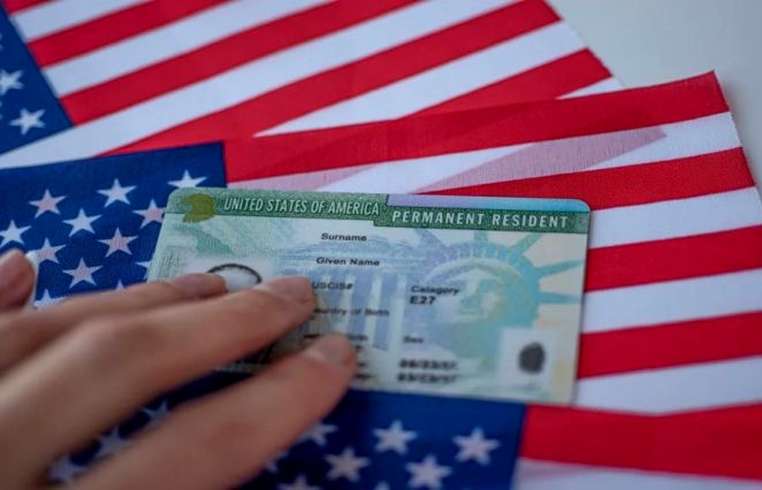
Green card repatriation increased by 8% in March. understand the impact and solutions”

Green card backlogs in the US jumped an alarming 8% in March, exacerbating an already difficult situation for immigrants seeking permanent residency. This increase in research has significant implications for individuals and families awaiting their immigration status, as well as for the broader American economy and society.
The Green Card backlog refers to the number of applications for lawful permanent residence in the United States. These applications include family-sponsored, employment-based, and diversity visa petitions. Adding backlogs further extends the already long wait times for those applications to be processed, causing frustration and uncertainty for applicants.
Several factors contribute to the growing backlog, including staff shortages, resource constraints, bureaucratic inefficiencies, and policy changes. The COVID-19 pandemic has also disrupted immigration processes, leading to delays in visa processing and interviews. In addition, changes in immigration policy under various administrations have complicated the process, further slowing down the determination of Green Card applications.
The consequences go beyond individual difficulties. For employers, especially those who rely on skilled foreign workers, the backlog hinders their ability to fill critical positions and stifles innovation and economic growth. Families are separated for longer periods of time, causing emotional distress and undermining social cohesion. Moreover, the hoarding undermines America's reputation as a land of opportunity and a beacon of freedom and democracy.
Addressing green card issues requires a multifaceted approach. First, USCIS and other relevant agencies should receive adequate funding and resources to streamline the adjudication process and reduce processing times. Hiring additional staff, implementing technology solutions, and improving interdepartmental coordination are important steps in this endeavor.
Furthermore, policymakers must implement comprehensive immigration reform to address the systemic problems that contribute to delay. This includes providing a path to citizenship for undocumented immigrants, modernizing the visa system, and reforming outdated immigration laws. By creating a more efficient and fair immigration system, the United States can better utilize the talents and contributions of immigrants while maintaining its humanitarian values.
